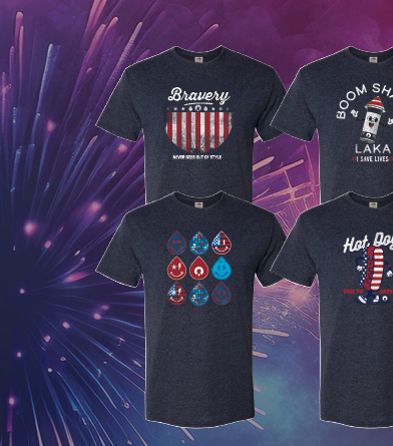There is an URGENT NEED for all blood types. PLEASE DONATE BLOOD TODAY.
Learn more about blood and blood donation! The OneBlood Blog covers everything from donor and recipient stories to articles on health & wellness topics and more!
Blogs
Categories









